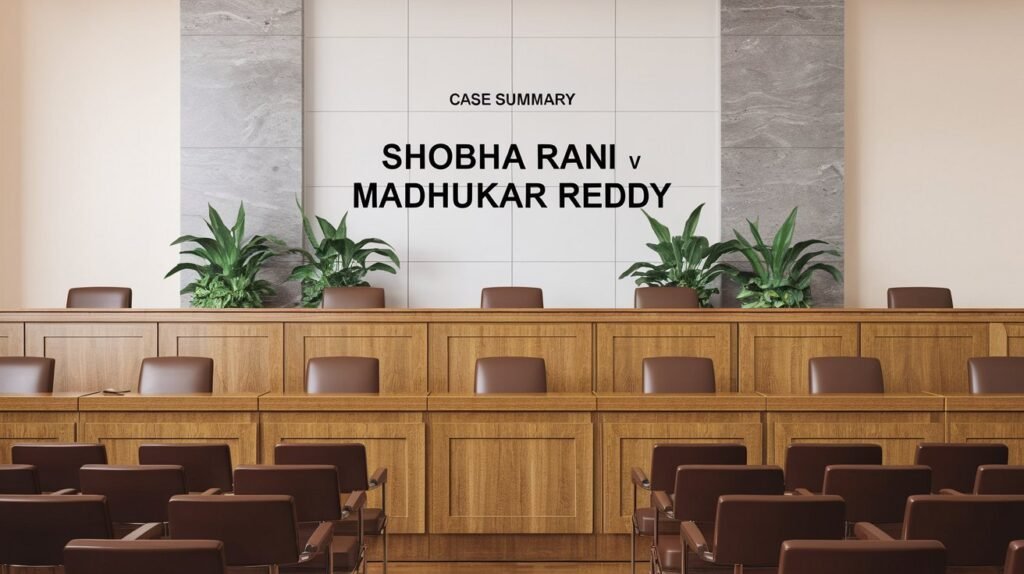Satish Chander Ahuja v. Sneha Ahuja (2021) 1 SCC 414 (Case Summary)

In a landmark judgment, the Supreme Court of India broadened the scope of the domestic violence law by recognizing the rights of women in matrimonial homes. This case clarified the definition of a “shared household” under the Domestic Violence Act, 2005, and established that a woman can claim the right to reside in her matrimonial home even if it is owned by her in-laws. It overturned the earlier precedent set in S.R. Batra v. Taruna Batra, which restricted the definition of a “shared household” to properties owned or rented by the husband.
Table of Contents
ToggleFacts of Satish Chander Ahuja v Sneha Ahuja
- Sneha Ahuja, the wife, filed a domestic violence complaint against her husband, Satish Chander Ahuja, and his family members under the Domestic Violence Act, 2005.
- The matrimonial home, where she claimed her right to reside, was owned solely by her father-in-law, Satish Chander Ahuja.
- The husband and his father challenged the claim, arguing that since the house was not owned by the husband, it could not be considered a “shared household” under the Domestic Violence Act.
- The primary issue revolved around whether the residence in question qualified as a “shared household” under Section 2(s) of the Domestic Violence Act, entitling the wife to claim her right to residence.
Issues framed
- Whether the property owned by the father-in-law qualifies as a “shared household” under Section 2(s) of the Domestic Violence Act, 2005?
- Whether Sneha Ahuja can claim the right to reside in the property owned by her in-laws under the Domestic Violence Act?
Subordinate Court Judgment
The trial court had ruled in favor of Sneha Ahuja, recognizing her right to reside in the shared household. The father-in-law, Satish Chander Ahuja, appealed against this decision, arguing that the property did not qualify as a “shared household.”
Judgment of Satish Chander Ahuja v Sneha Ahuja
The case in the Supreme Court primarily involved the interpretation of Section 2(s) of the Protection of Women from Domestic Violence Act, 2005, which defines a “shared household.”
The Supreme Court held that the term “shared household” is not restricted to a property owned by the husband alone. It encompasses any household where the wife has lived with her husband as part of a domestic relationship. The Court expanded the definition of “shared household” to include homes owned by in-laws where the wife had lived during her marriage.
The Supreme Court ruled in favor of Sneha Ahuja, stating that she had the right to reside in the shared household even if it was owned by her father-in-law. The Court observed that the objective of the Domestic Violence Act is to protect women from domestic violence and ensure their right to secure housing. It also emphasized that denying this right based on ownership alone would defeat the purpose of the Act.





